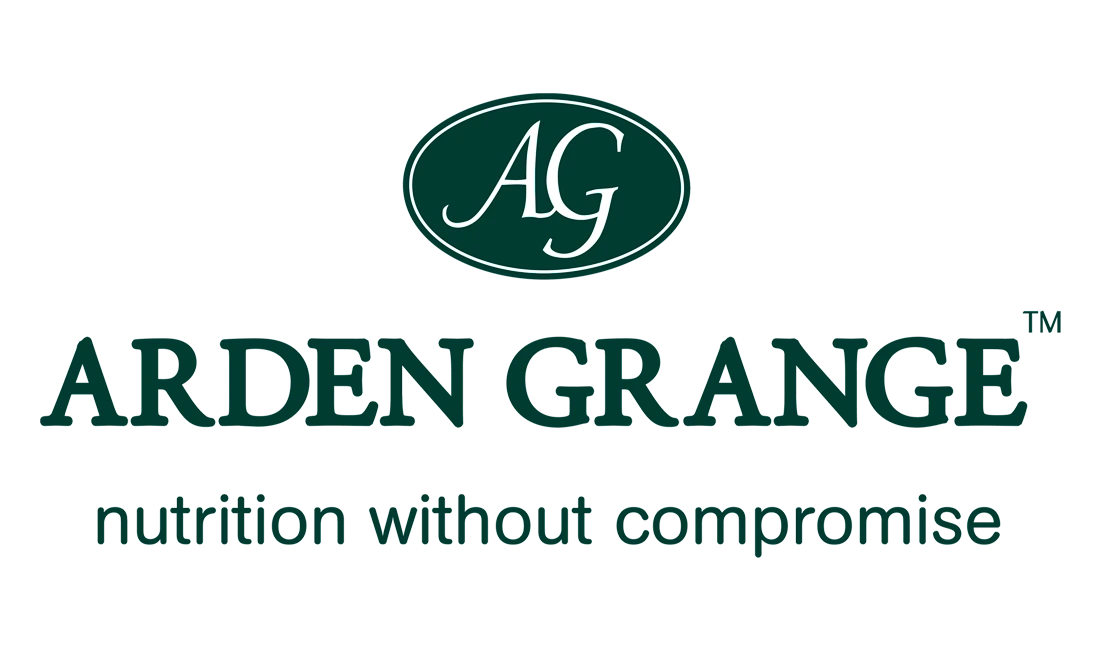What to do if your pet has an upset tummy!
Our last article 'Why your cat or dog has diarrhoea' discussed the importance of establishing the cause of loose stools in cats and dogs, especially if it is happening frequently.
Whatever the cause, there are a number of helpful measures that may be taken at home to help your pet through bouts of diarrhoea!
As pet owners, you may have your own tried and tested methods, and will choose what works best for your pets. As we know, all pets are different with their own unique genetic build, digestion and rate of metabolism.
- Unless the vet has recommended fasting or starving your dog for 24 hours (making sure plenty of water is available), consider feeding a veterinary product formulated for digestive support or some low fat home-prepared food (e.g. fish, egg or chicken and starchy rice or potato) for a few days.
- Weigh your pet and ensure that the feed volume is not excessive.
- Avoid any treats or chews until the problem is resolved, especially those that are indigestible (e.g. rawhide) or high in fat.
- Add probiotics to help to restore the friendly bowel flora (preferably a product formulated specially for cats and dogs).
- Use a safe nutritional supplement to help to form a protective lining on the gut mucosa and / or bind toxins (e.g. Diarsnyl or Canikur which are non-prescription products available from vets and online pet pharmacies).
- Add a good proprietary brand of digestive enzymes.
- Dog owners might try adding an electrolyte solution to the drinking water – to help replenish electrolyes lost through diarrhoea. See our helpful infographic with a recipe for home – prepared electrolyte solution.
Many commercial preparations for dogs and cats contain more than one active ingredient, so check their use carefully to avoid over supplementation if you are using more than one product.
For a more in depth look at this topic see our fact sheet ‘Dealing with Diarrhoea’.
Look out for our next article about how to avoid digestive upsets in the future and help your pet achieve optimum digestive health in the long term!


 Puppy
Puppy
 Adult
Adult
 Senior
Senior
 Sensitive
Sensitive
 Treats
Treats Kitten
Kitten
 Adult
Adult
 Senior
Senior
 Trusted British Brand
Trusted British Brand

